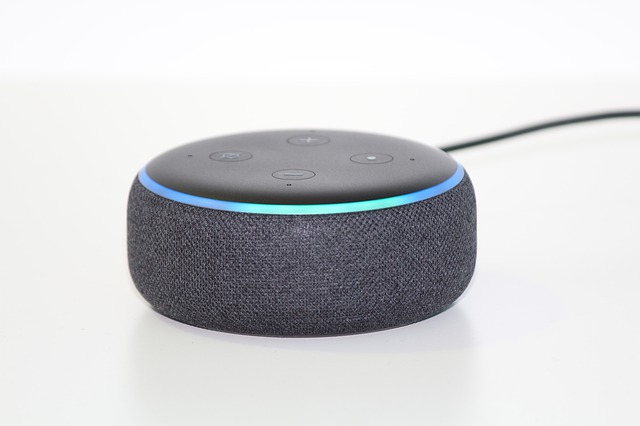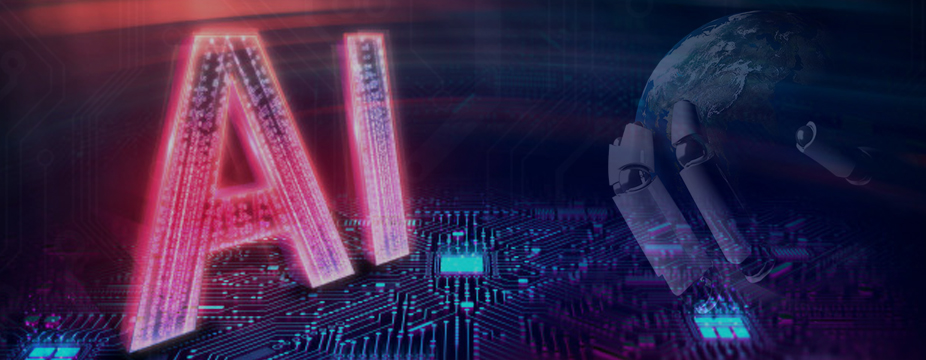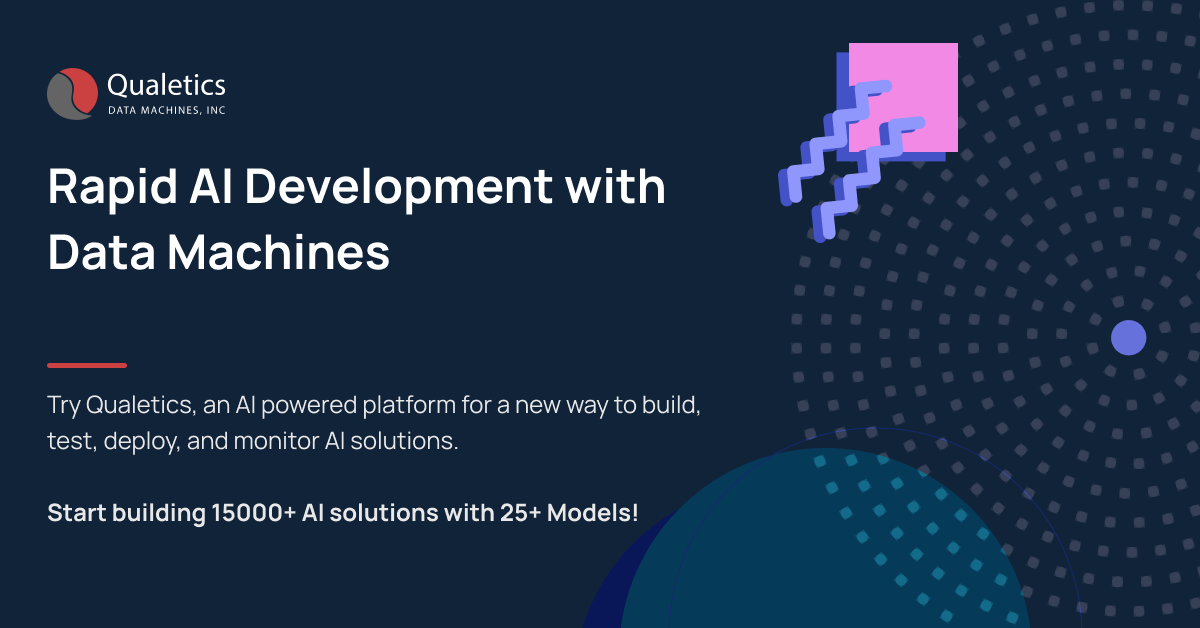AI-Enabled Future: Less Artificial, More Intelligent
Despite its scope spreading beyond boundaries, there are innumerable untapped opportunities for AI to have a significant and beneficial impact on the world in future.
The early 1980s, when the concept of pervasive computing was picking up, saw computers made available for everyone at almost every place, easing off the accessibility of data and information. But, with AI, organizations are thinking beyond pervasive computing to pervasive knowledge, where this data is harnessed with technology to provide deep insights for future benefits. Advances in data availability and management, algorithm design, and computing powers – considered as the three core elements of AI – will be bringing in more economic value.
An organization powered and equipped with Artificial Intelligence and Machine Learning enhances the productivity of its workforce by automating and augmenting the processes. AI, along with RPA and a more intelligent cognitive automation, are going beyond providing mere information or performing repetitive tasks. AI is enabling the organizations by providing industry-agnostic hyper personalizations with machine learning, making them more customer-centric and responsive, etc
Types of AI and their importance
AI generally falls under two distinct categories.
1. Narrow artificial intelligence
Narrow AI is also known as weak AI as the context of the AI system is limited and simulated with human intelligence. This kind of AI is goal-oriented and more focused on mastering singular tasks without any thinking ability and performing a set of predefined functions. And it is the most successful form of AI that is developed until today. The examples of narrow AI in the present world: virtual assistants, self-driving cars, search tools, image recognition software, etc. Robots like Sophia, Alexa, Siri, Google Assistant, etc are machine intelligence that use Natural Language Processing (NLP) to understand the intent of the human and interact with them in a more personalized and natural way.
2. Artificial General Intelligence
The strongest and powerful form of AI can enable the machine to perform any task without any human intervention. The machines powered with this form of AI possess the ability to think and make decisions as capable as humans. This will require a comprehensive knowledge of functionalities of the human brain to create general intelligence. The best example of this kind of AI can be seen in sci-fi movies like transformers, terminator, I robot, etc.
The future of AI can be the hybrid application of Narrow AI and the evolving age of Artificial General Intelligence thus enabling the AI to think more effectively than a human.
AI in the future
The applications of AI are constantly evolving and the advancements of AI in the fields of robotics and computer vision are upgrading the level of AI application in healthcare, manufacturing, education, real estate, etc., aiming at providing advanced solutions that fulfill the ever-changing needs and wants of a human.
-
AI and Robotics
AI has a wide scope in Robotics. The applications of AI are enduring the growth of robotics on a multi-dimensional scale as AI-integrated sophisticated robots are outperforming the assigned tasks and help humans in achieving endangered works that cost human life. And in the future, it is expected that the AI system can help in building more advanced humanoid robots, virtual robot assistants, and cybernetics that aim at helping the disability of a human for building an enhanced world.
-
Explainable AI (XAI)
The current AI models need a certain level of technical expertise in building and understanding the workflow of the model. Explainable AI aims at easing this task and making these models understandable by anyone. The XAI empowers the AI systems to leverage the technology to make informed and data-driven decisions while being able to produce transparent explanations and reasons for the decisions that have been made. For instance, the healthcare industry is one of the frontrunners in leveraging AI as the AI models are able to diagnose the diseases but the doctors also need to know how the model comes up with a specific diagnosis. XAI helps them in understanding the model’s analysis.
-
Extended Reality (XR)
Extended Reality is an umbrella term covering augmented reality (AR), virtual reality (VR), mixed reality (MR), and the immersive reality that can bring touch, taste, smell, etc to enhance the immersive experiences with the support of AI technologies. Though there may arise a risk of security with XR, the technology will be beneficial to improve productivity and customer experience.
-
Advanced healthcare system
Introduction and deployment of robotics, virtual assistants, disease identifying and diagnosing systems are still at the early stages of AI evolution in healthcare. The emerging AI systems aim at predicting and preventing rather than detecting and diagnosing. The evolving applications in healthcare are enhancing radiology, drug discovery, patient risk identification, chatbot assistance, virtual digital assistants, etc.
-
Advanced Transportation
The transportation industry is growing at a rapid pace. The evolution from self-driving cars to self-driving vehicles describes the journey of AI in enhancing transportation. Traffic congestion and pollution are the biggest concerns and AI is working towards these issues for providing better service. Smart traffic management and control systems, self-driving vehicles, virtually monitored transportation systems, etc., are the future of AI in the next few years in the transportation industry.
-
AI changing life at a personal level
AI applications are transforming learning, reasoning, thinking, and the action-taking ability of a human at a personal level.
— The increasing e-learning platforms and virtually interacting learning systems have changed the way the education system works today. The learning and reasoning capability of a human depends on the human intelligence they store and how often they communicate or imply it into practice. And the advanced learning tools provide the knowledge beyond understanding a model.
— Sophisticated personal virtual assistants are going to play the role of personal assistants, butlers, maid, cook, and caretakers.
— Smart energy systems will be deployed for achieving the goal of using renewable and sustainable energy resources.
An AI-enabled future involves advanced cognitive systems capable of outperforming where machine learning systems fail. The future AI systems will be more intelligent, bio-inspired, with thinking capabilities on par with humans and will take automation to the next level and enable organizations to fully utilize their investments in advanced technology.


